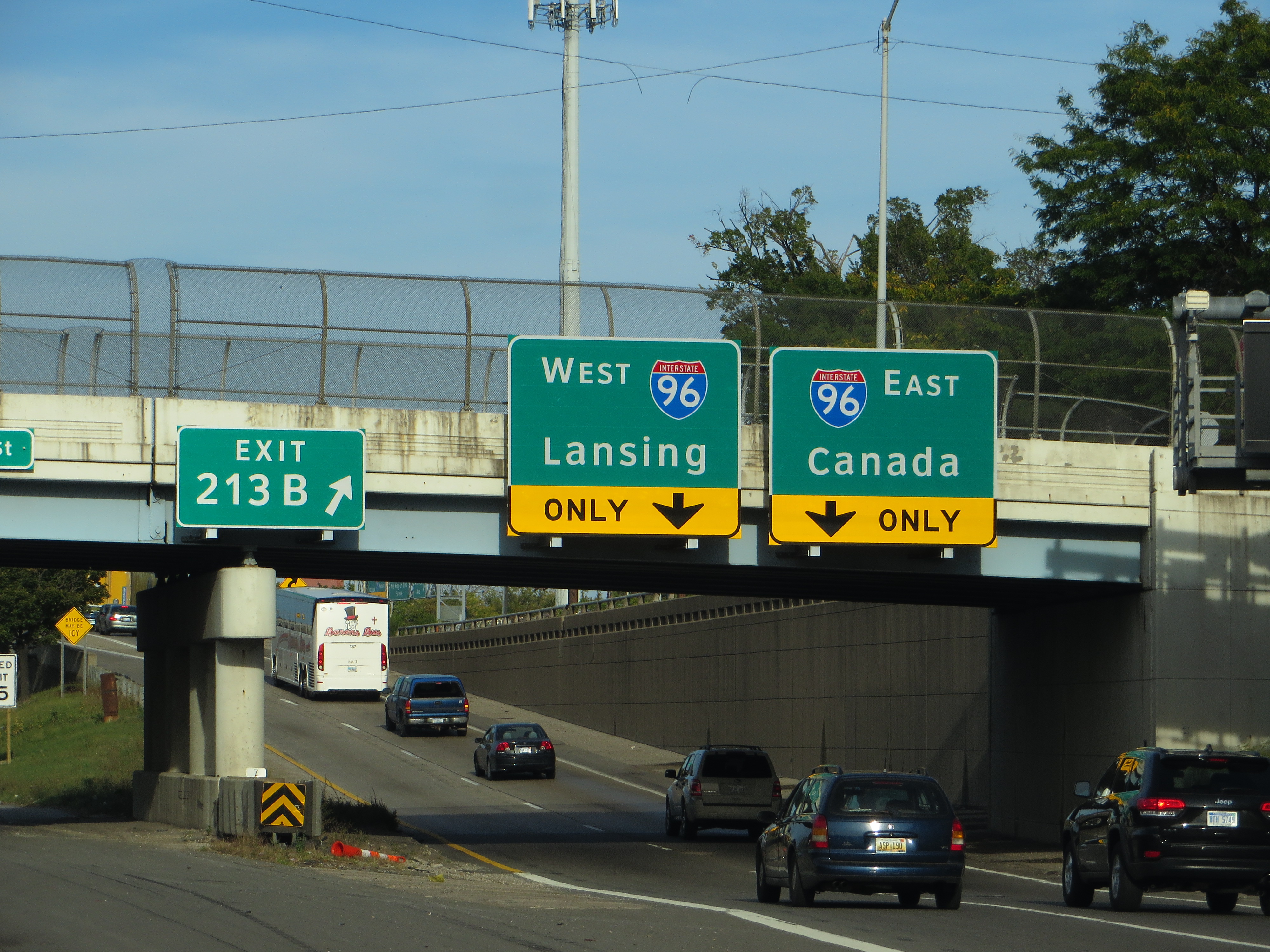
After years of mandatory and expensive personal injury protection (PIP), Michigan Catastrophic Claims Association reduced its claim fee from $220 to $100 for motorists who choose unlimited medical benefits. For motorists who do not choose unlimited medical care, the fee is completely waived. Changes will take effect July 2020.
Michigan legislatures have fulfilled their January 2019 promise to provide better insurance options and reduce fraud and costs for Michigan motorists.
Gov. Gretchen Whitmer said in a press release that she is proud to have garnered bipartisan support “to solve a problem that has been hurting Michigan families for far too long.”
“We still have more important work ahead of us, and I have no doubt that we can seize on this momentum to pass a strong, bipartisan budget that fixes the damn roads,” Whitmer said.
This claim fee, which previously made Michigan the only state in the country to require PIP, dropped in response to changes in the January 2019 bill, according to Rep. Eric Leutheuser.
“The main takeaway from this last announcement is it is a validation of the fact that the reforms we put in place will bring down costs,” Leutheuser said. “The reduction isn’t something we specified in law, but it is something totally independent in the MCCA. This is what their actuaries determined would be the new fee starting when the law is implemented.”
The catastrophic claims fee is regulated by the MCCA, an independent, non-profit organization created by state legislature. The fee covers PIP medical claims that exceeds $580,000. That means, for every PIP claim, an individual’s insurance company pays up to $580,000, but the MCCA covers any expenses beyond that.
When the law takes effect in July, Michigan will no longer be the only state in which motorists are required to purchase PIP.
Hillsdale State Farm insurance agent Jason Adcock, though he doesn’t speak on behalf of State Farm, raised fears that cuts to the claim fee will ultimately be offset by increased Medicaid tax coverage. Leutheuser allayed those fears.
“I think one of the arguments against the reform is that ultimately all taxpayers would end up footing the bill for all those underinsured. Right now we have the best coverage in the world, if you take that away, the people who need help will eventually exhaust their savings and fall into the Medicaid system,” Leutheuser said. “The answer to that Catastrophic Claims Fund only takes over after someone has had over half a million dollars worth of care. The vast majority of claims don’t hit that level.”
One of the most impactful parts of the bill is that it will fund a new department, purely dedicated to discovering fraud.
“Once you reduce fraud, the amount in claims decreases, which means premiums can come down,” Adock said.
The bill will also normalize medical rates for insurance companies. Currently, companies pay approximately two to two and a half times more than Medicaid for the same medical procedures.
“Once you bring down the amount insurance companies are paying, then all insurance can come down,” Adock said. “From an insurance standpoint, if we can bring this down, then all insurance will come down naturally in the state of Michigan.”
Lawmakers anticipate that this demanditorzation of PIP, coupled with a variety of new options for levels of coverage, will attract big name insurance companies back to Michigan that currently don’t offer plans in the state because of its complicated insurance laws.

